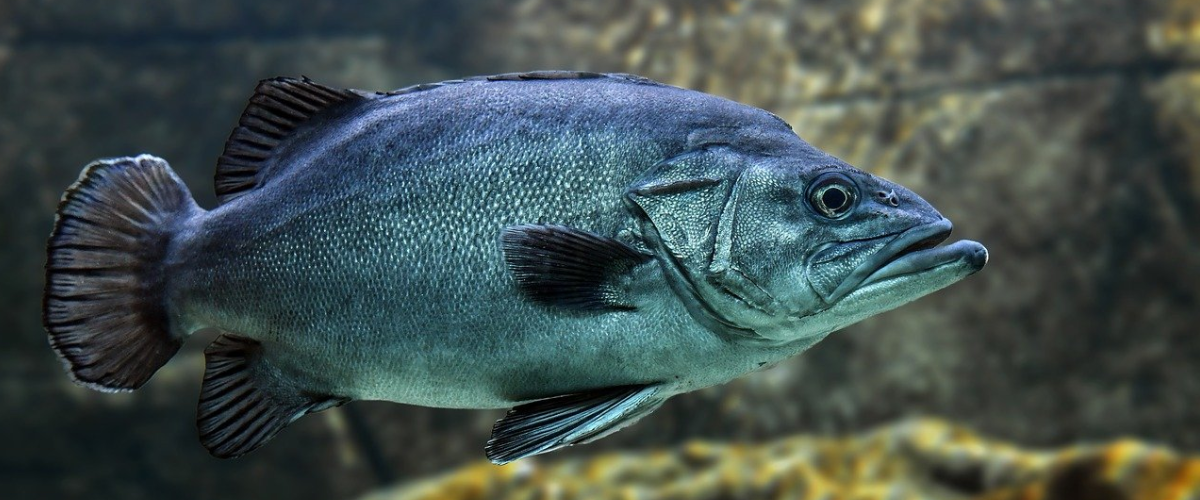Protein is important when considering a self-sufficient lifestyle. And while catching and cooking wild fish may serve as a great source of food, there are some limitations everyone should keep in mind.
If you’ve considered eating wild caught fish, you likely will have heard a warning about having too much. And they’d be right. It’s not even due to population control, like many folks thinks. It’s actually relating to contaminants and other potentially hazardous materials.
Ponds, lakes, rivers, and oceans, none of them are completely clean. Even the clearest waters can contain chemicals, micro-organisms, bacteria, and viruses that can cause illness in humans. The local fish, being of a significantly different biological structure, are able to survive alongside these issues (more or less). So much so, that the older they are, the more of these contaminants will store up within their body.
So how do you know which fish are safe to eat, and how much? Here are some suggestions.
Read National Advisories
Every state in America has a program that lists various risks when consuming fish caught in local waters. They will indicate which fish in which waters are safe to eat. Since contaminants can drastically vary by location, this is one of the best ways to stay safe. You can search for advisories by location on the official government website.
Talk with Local Nature Centers
No one is going to know the fish in a national park better than the designated rangers. If they have a nature center or information building, going there and asking will likely result in a detailed answer about fish consumption safety, fishing limits, and maybe even a few good spots.
Limit Intake Anyway
Nearly all fish, regardless of waters, contain trace amounts of mercury. Too much mercury in a human system can cause issues, especially in pregnant women and young children. It’s not great for adults, either. So a general rule most people follow is to only eat wild-caught fish once a week. This helps avoid the build-up of anything bad, while still allowing for fish consumption.
Catch Younger Fish
The older a fish is, the more time they’ve had to develop a build-up of contaminants within their system. So one way to reduce consuming any of that yourself is to avoid eating the older fish, and instead choosing the younger ones. Granted, this requires familiar enough knowledge with the type of fish you catch to know if it is young or not, but that comes with time.
Fully Cook Fish
Yes, we know sushi is a thing, but not here. When it comes to food safety, overcooked meat is always better than undercooked. Be safe, cook it well.
Our apologies to anyone who was hoping to start a secluded off-the-grid lifestyle from a primarily wild fish diet, that might not be a great idea. Stay healthy.

